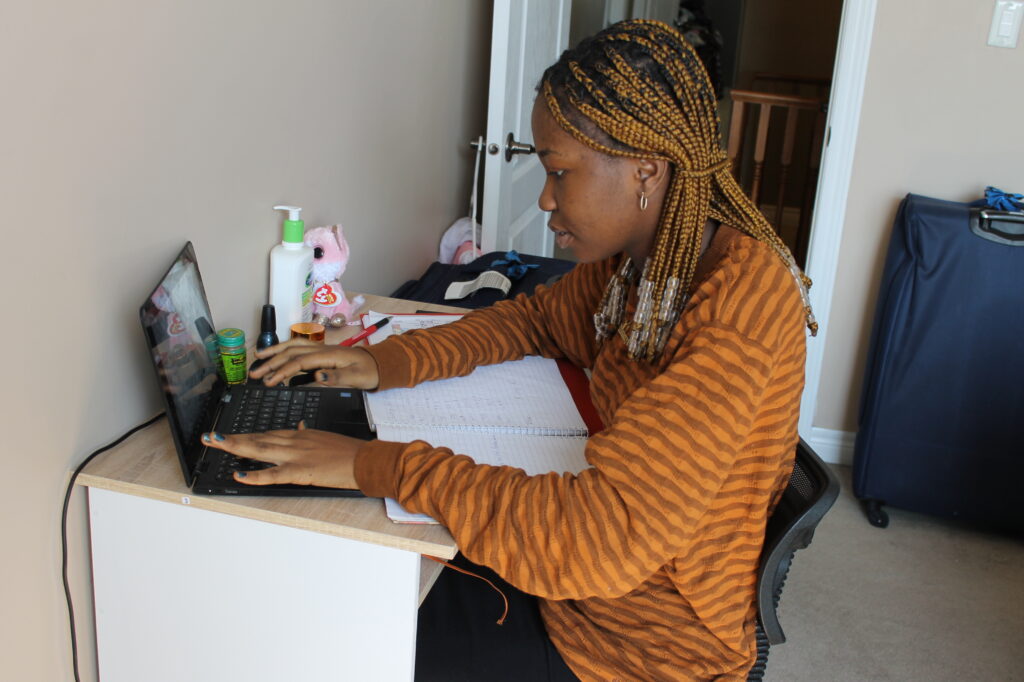The term has started and you are slowly falling behind on your work. You need to develop a more effective study plan that also works best to your personal rhythm. Yes, oh diligent student, it is that time again. If you’re reading this, it isn’t too late because you now realize the importance of studying and you want to get better at it. The life and success of a student hinges on how well you can master this and hopefully this can offer you some useful insight to that.
Here is a short assessment of some ideas to help you determine what study schedule/pattern works best for you.

Nighttime Studying
Given the often packed schedule of a student the time to study will likely present itself when the day is over. But you probably had a long day of learning so maybe the quality of assimilation is not optimal. Unless of course you are one of those people that thrive on this time of day. Then you’re in luck! You are primed for studying at this hour. Speaking only generally, studying at night has been determined best for reviewing the days work as opposed to getting new information. It is also not ideal if you require assistance with the work material from a professor or TA (Teaching Assistant).
On the more positive side, cortisol levels of people who get up later to study are lower than those who get up early, meaning the late nighters are likely to be less stressed than the early risers (speaking generally of course. Results may vary).
Daylight studying
Waking up early or fitting a few hours of studying when your classes start in the afternoon is a nice way to start the day. It gets you into the rest of your day with a sense of purpose because you set and completed some important tasks. If you happen to be reviewing content of the class you have later that day it also increases your chances of understanding it better while also improving your overall experience of the material.
The mind is also alert and rested, the brain is ready for new information and the light from the sun and general ambience create a great atmosphere for studying.
There is added benefit of access to assistance if you need it from a TA, professor, or peers as they are more likely to be available during the day than at night.
A study by Psychology professor Jane Oakhill showed when it comes to taking in new information, early in the day is better.

Day and Night
Given the limitations of time, your class schedule, exam and assignment deadlines you are more than likely to be forced into some combination of the two times. What this write up is trying to help with is getting you to determine which time works better for you so you can tailor your work around that for optimal results.
It is always advisable to review your day’s work that same day and strive to make this a habit and then any new information or intensive studying should be scheduled for the mornings.
This is only a general guideline and ultimately what you decide is up to you and your comfortability. But the bottom line is whatever you are studying there is an optimal amount of studying required of you to get your work done and the less time you spend on it, the less your chances of success.

The Decision
The first factor in the decision is what your schedule is like and what time of the day do you have to fit the studying in. There is also a personality factor to this of which you are most knowledgeable of, meaning there is ultimately a time that works best for you based on your nature.
Ideally you want your schedule to intersect with your personal best time, but ultimately it comes down to when you can get the time to study as it needs to be consistent and productive.
If you never noticed a difference then try both times out (on different days naturally) and see which felt more productive and natural. A combination of the two is another way to go splitting the workload between review session at night and covering new information in the daytimes.
This is a process that requires effort and determination on your part so treat this as such. Your success in isolating and implementing this will pay off indefinitely as you go forward. And the better you are at it the more effective your study habits will be.
Wishing you all the best in your studies!

